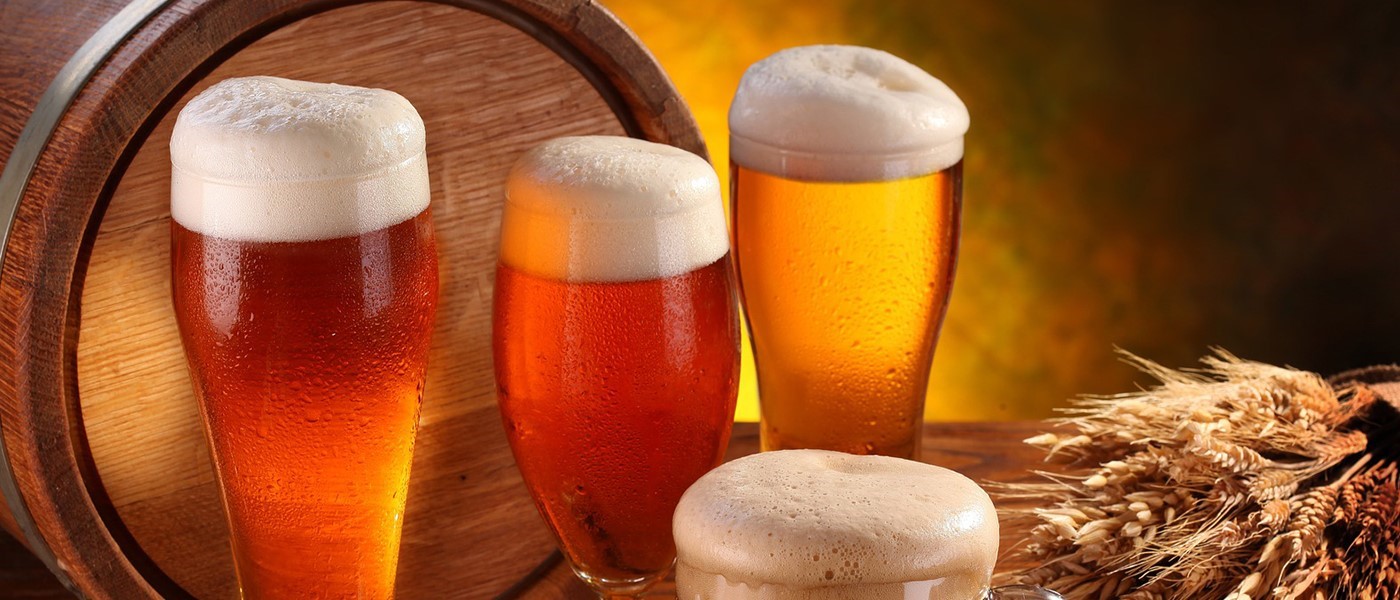
Elderado is a unique full-bodied mango hop grown in Washington state's Moxee Valley, where the cool climate produces outstanding bouquet of hops, thanks to the unique geographical climate advantage, Elderado has a bouquet unlike other hops.
Eldrado was developed by Charles Farm in 2008 and commercialized in 2010. Strong resistance to disease, high formic acid, high hop oil content, good storage and high yield per mu, this is a very outstanding variety.
Elderado has a very high β -acid content and a delicate and soft bitterness, which is very rare in simultaneous hops and does not produce undesirable bitterness whether boiled or dried.
This is an almost perfect hop. At the end of the boil and the swirl stage, it greatly enhances the flavor of the beer, giving it a strong and distinctive tropical fruit aroma that is always associated with attractive pineapple and mango rather than traditional citrus. It also fills your beer with pear, watermelon, stone fruit and even candied fruit notes.
Today, elderado is widely used in American wheat, pale al and IPA brewing. As a hop that has been on the market for seven years, it can be seen in every major craft brand. With azaka, it's one of the classic turbid IPA combinations.

Conventional indicators | |||
Alpha acid | 14.0-14.6% | Beta acid | 7.0-8.0% |
The ketone of humulus scandens | 28.0-31.0% | The total oil | 2.5-2.8ml/100g |
The aroma components | |||
myrcene | 55.0-60.0% | Humulus scandens ene | 10.0-15.0% |
caryophyllene | 6.0-8.0% | Fanny ene | <1.0 |